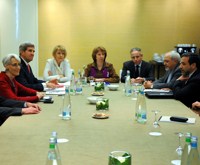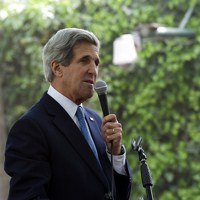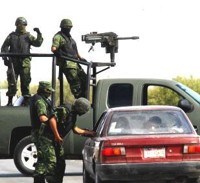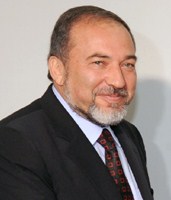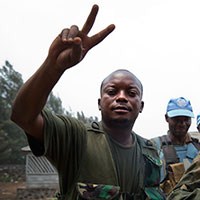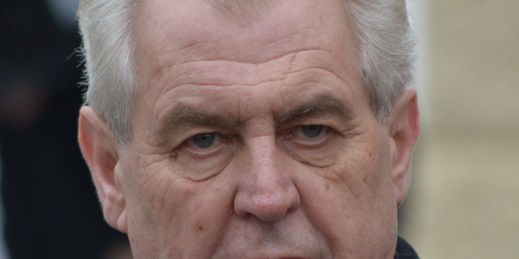
Australian Prime Minister Tony Abbott announced today he is seeking to establish a new security dialogue with Indonesia in an effort to repair a bilateral relationship damaged by recent spying revelations. In an email interview, Richard Chauvel, senior lecturer at the School of Social Sciences and Psychology at Victoria University, discussed the security relationship between Australia and Indonesia. WPR: What are the main areas of overlap in security interests between Indonesia and Australia? Richard Chauvel: Indonesia remains Australia’s most important regional relationship. Indonesia shapes Australia’s strategic environment. The air and sea approaches to Australia are through the Indonesian archipelago as […]

